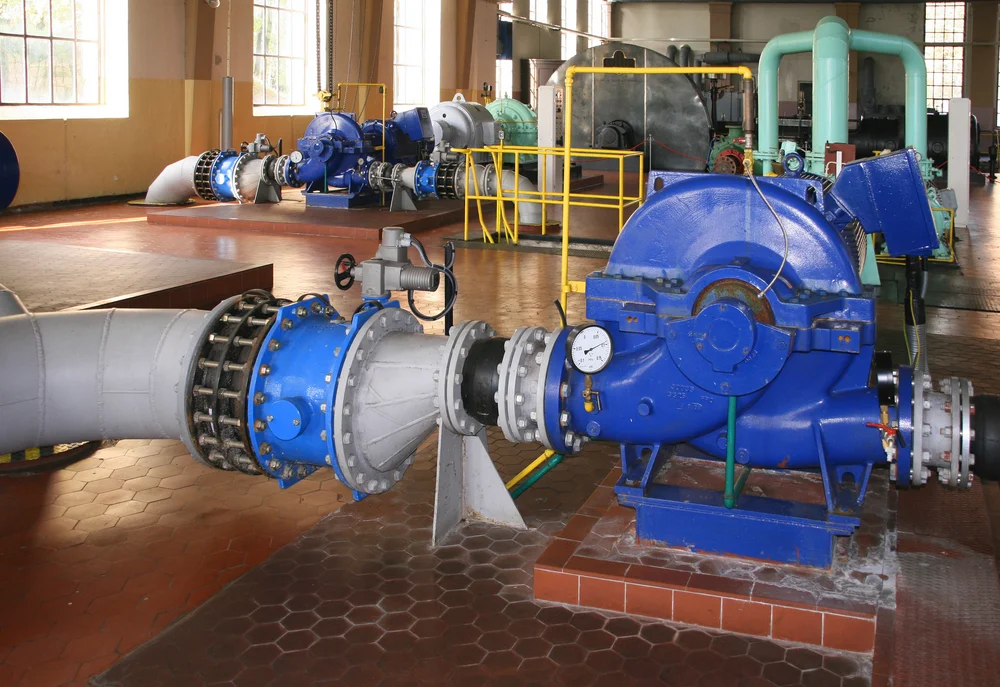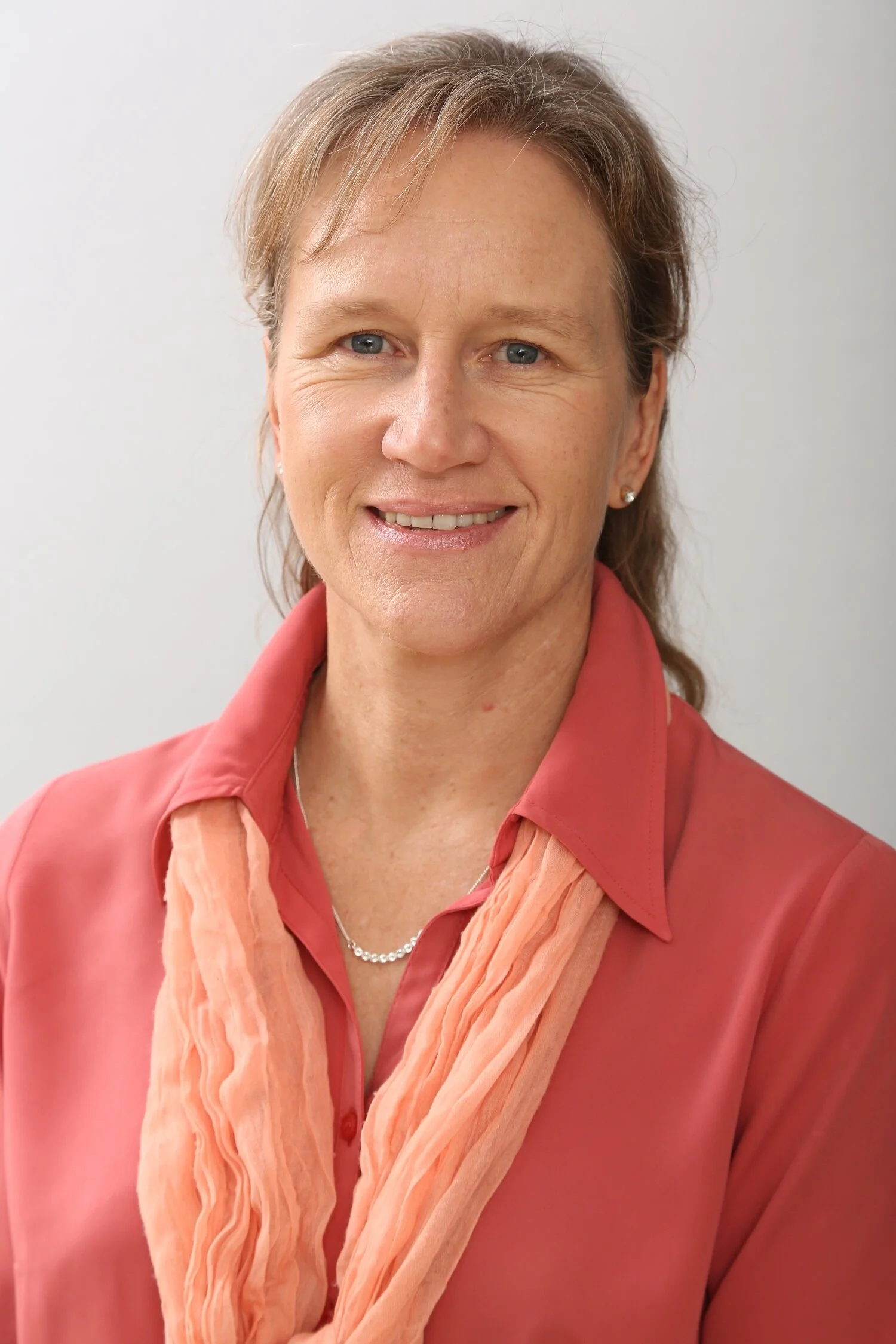SRK charts path to Africa’s water future
/There is considerable scope for the sub-Saharan region to improve its performance in meeting citizens’ water needs.
With sub-Saharan Africa achieving an implementation level of just 46% in its degree of integrated water resources management, there is considerable scope for the region to improve its performance in meeting citizens’ water needs.
SRK Consulting principal scientist Avril Owens
Speaking at a webinar hosted by SRK Consulting this week on “Water for the Future: An African Perspective”, principal scientist Avril Owens highlighted the value of an integrated approach based on understanding strategic linkages and applying systemic planning. The company’s experience around Africa has given it valuable insights into how best to plan and implement successful water-related interventions.
“A vital first step is to take a strategic perspective, which helps to achieve water management goals regardless of the scale at which you are operating,” said Owens. “This would apply as much to high-level trans-boundary catchment issues as it would at project-specific level.”
She outlined how SRK Consulting navigated the complex web of global, regional and national goals, policies and laws that influence water management planning. At continental level, for instance, is the African Water Vision 2025 of the African Union (AU), while the United Nation’s Sustainable Development Goals applied at global level.
“Along with international treaties, conventions and agreements, these frameworks provide guidance for any water management plan,” she said. “These international legal obligations also inform national water laws, and guide each country’s regulatory authorities on how to apply their laws and regulations – such as through licencing and permits.”
She highlighted the AU Agenda 2063’s intention to harmonise sustainability efforts across Africa, while the African Water Vision focuses on improved water management – including the achievement of access to safe and adequate water supply and sanitation.
“The AU Agenda is Africa taking control of its own destiny, by informing a framework of action which has milestones to be achieved by adequate planning and funding,” said Owens. “The framework and milestones are implemented by a range of structures including national ministries, institutes and local authorities – tasked with generating polices and strategic plans.”
This provides the foundation for projects to pursue the involvement of financial institutions such as the World Bank and African Development Bank, funders such as the Global Environment Facility and the Southern African Development Community Water Fund, and development agencies like the United National Development Programme and the New Partnership for Africa’s Development.
“An integrated approach to water management ensures that the project design is well-rooted in the strategic framework, so that it links firmly with the aims of the funders,” she said. This paves the way for developing actions and targets based on modelling, data analysis and results – with responsibilities and timeframes clearly assigned. She emphasised the importance of a diverse and multi-disciplinary team.
“The team must provide insights on the various challenges facing any water project, addressing these with their respective expertise,” she said. “This will include social scientists, natural scientists, engineers and planners – to cover all the bases for a robust, practical and successful plan.”
Its work will involve data gathering and research into comparable case studies, to identify gaps in information that will need to be filled by on-site investigations. The team will generate the necessary methodology, undertaking studies such as a hydro-census, an aquatic ecological assessment, a hydrological or hydrogeological investigation, or community surveys.
“For data analytics, SRK has a dedicated team who use the latest software for analysing data,” she said. “Our specialists conduct modelling and interpretation to feed into the integrated efforts of the project team.”
These resources allow plans to be practically formulated, efficiently implemented and carefully monitored for any possible improvements. The webinar included input by a range of SRK professionals with insights into effective project management, the power of digital technology, and the importance of stakeholder engagement.
About SRK
SRK is an independent, global network of over 45 consulting practices on six continents. Its experienced engineers and scientists work with clients in multi-disciplinary teams to deliver integrated, sustainable technical solutions across a range of sectors – mining, water, environment, infrastructure and energy. For more information, visit www.srk.co.za






